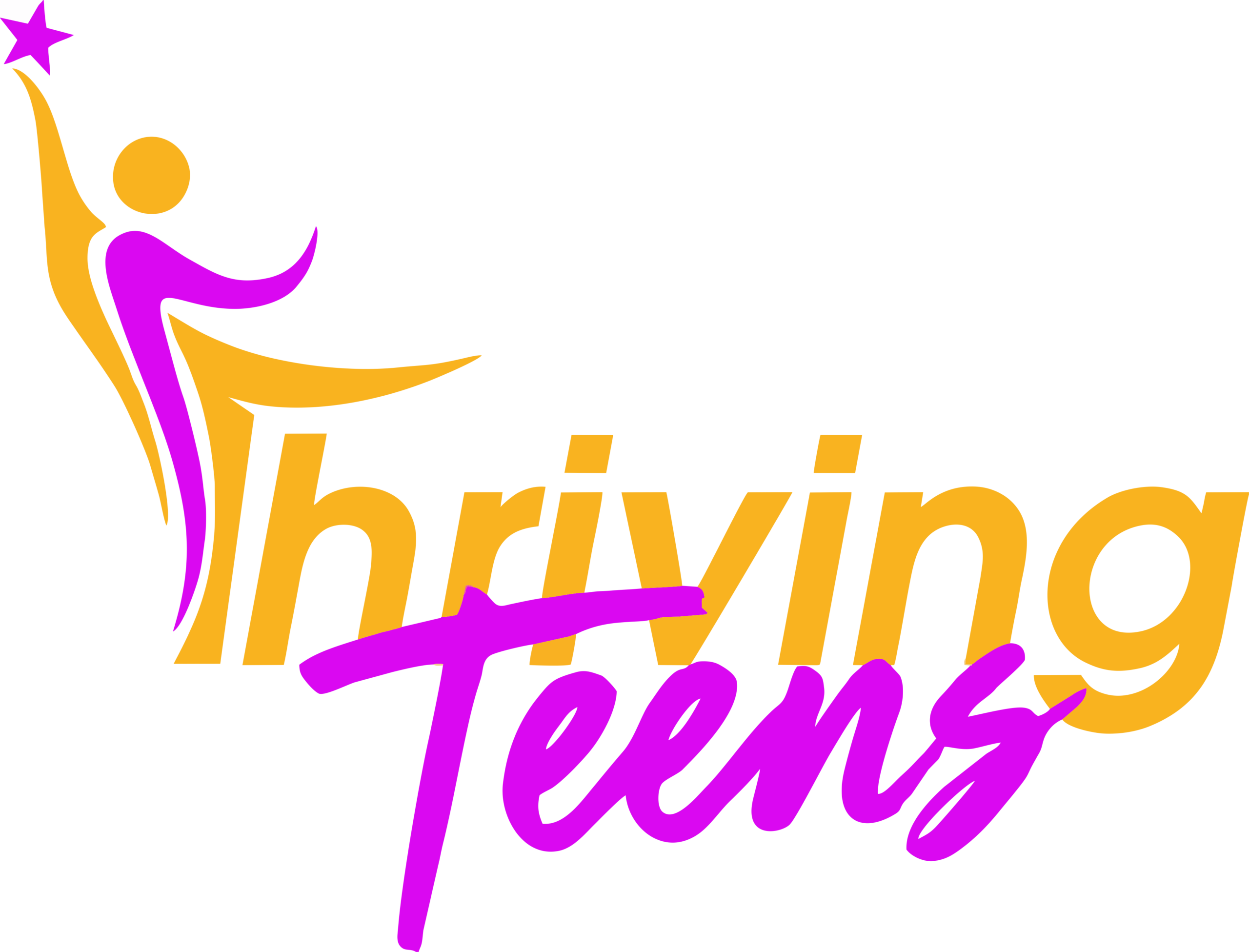Contraception is the intentional prevention of pregnancy by artificial or natural means. Contraception allows people to attain their desired number of children and to determine the spacing of pregnancies by delaying or preventing childbearing. Numerous contraceptive options, designated by duration and context of use (long-acting, permanent, short-term, emergency) and by method of operation (hormonal, non-hormonal, barrier, fertility awareness-based), exist.
Teenagers obtain information about contraceptives from their friends, online, in school or from adults around them. This information may not always be correct. This may lead various misconceptions about contraceptives, and result in the teens opting not to use them.
According to KDHS 2022, fertility is low among adolescents (73 births per 1,000 women age 15–19), peaks at 179 births per 1,000 among women age 20–24, and then decreases thereafter. 15% of women age 15–19 have ever been pregnant; 12% have had a live birth, 1% have had a pregnancy loss, and 3% are currently pregnant. Seventy-six percent of currently married women and 89% of sexually active unmarried women have a demand for family planning. 14% of currently married women and 19% of sexually active unmarried women have an unmet need for family planning. Among sexually active unmarried women age 15–49, 70% use a contraceptive method, and 59% of these women use a modern method.
Some myths that exists about contraceptives are suggest that a teen needs their parent’s permission to find out about contraception and reproductive health. This is not true. Knowledge about contraception can protect against consequences of unprotected sex like unplanned pregnancies and STIs. Knowledge of reproductive health makes one fully aware of one’s body, its functions and its care. So, it is not necessary to seek parent’s permission for it. Adolescent reproductive health and development policy in Kenya gives young people the right to access information and services.
Contraceptive methods are not harmful to your health. In fact, they can improve the family’s health and women’s reproductive health.
Contraceptive pills do not make women barren. Most women find that as soon as they stop taking the pill, they become pregnant within three months.
Condoms protect both against pregnancy and STIs. Condoms do have holes and are not laced with viruses. Condoms do not have holes and do not allow HIV to pass. HIV can only get through if the condom has been damaged or torn. If a condom does not break, it provides 10,000 times more protection than no
condom at all.
Abstinence is not the only method of contraception that is 100% risk-free. Avoiding sexual intercourse of any kind is the only way to absolutely avoid pregnancy or an STI, including HIV. Practicing abstinence does not require giving up all sexual contact, but it does mean expressing sexual feelings in ways other than having intercourse.
Teens must arm themselves with correct information in order to make responsible choices about their reproductive health choices and safe sexual practices.


